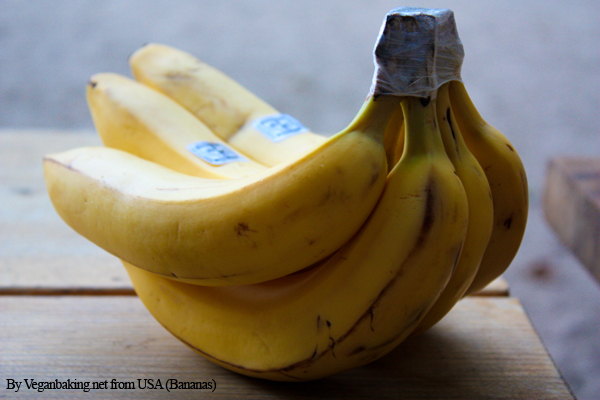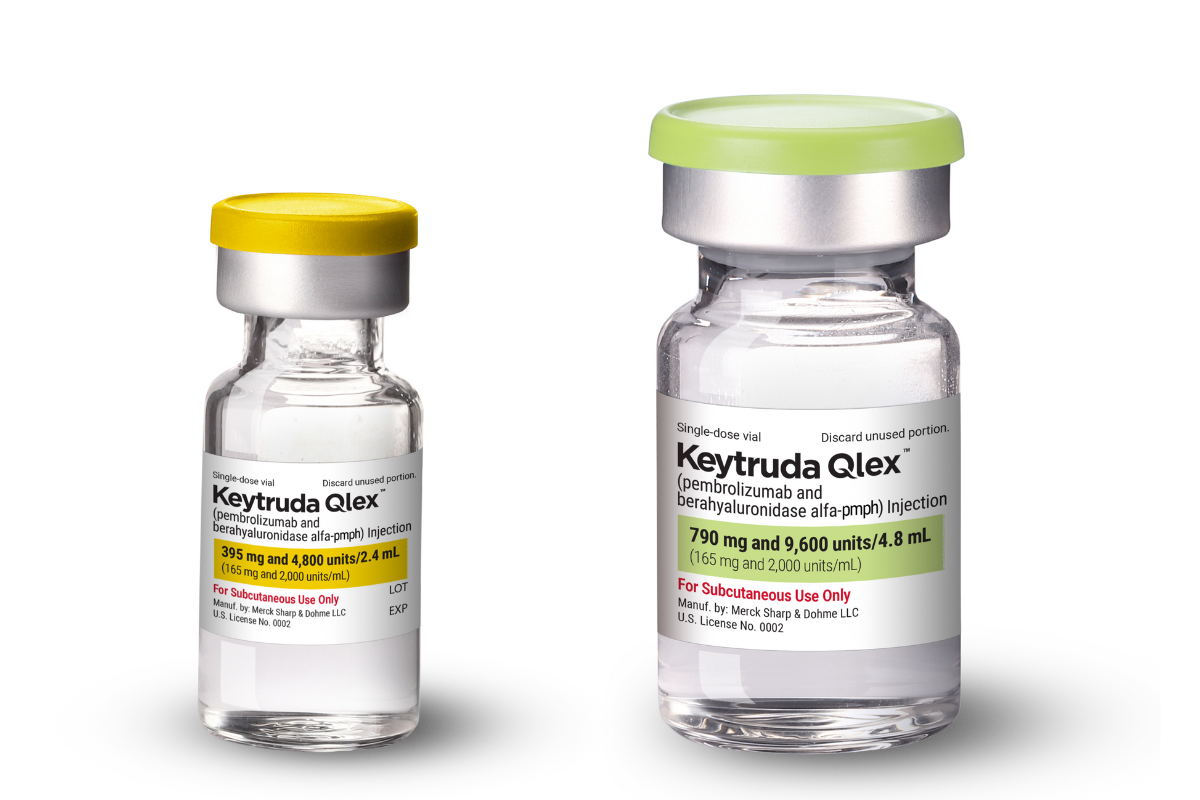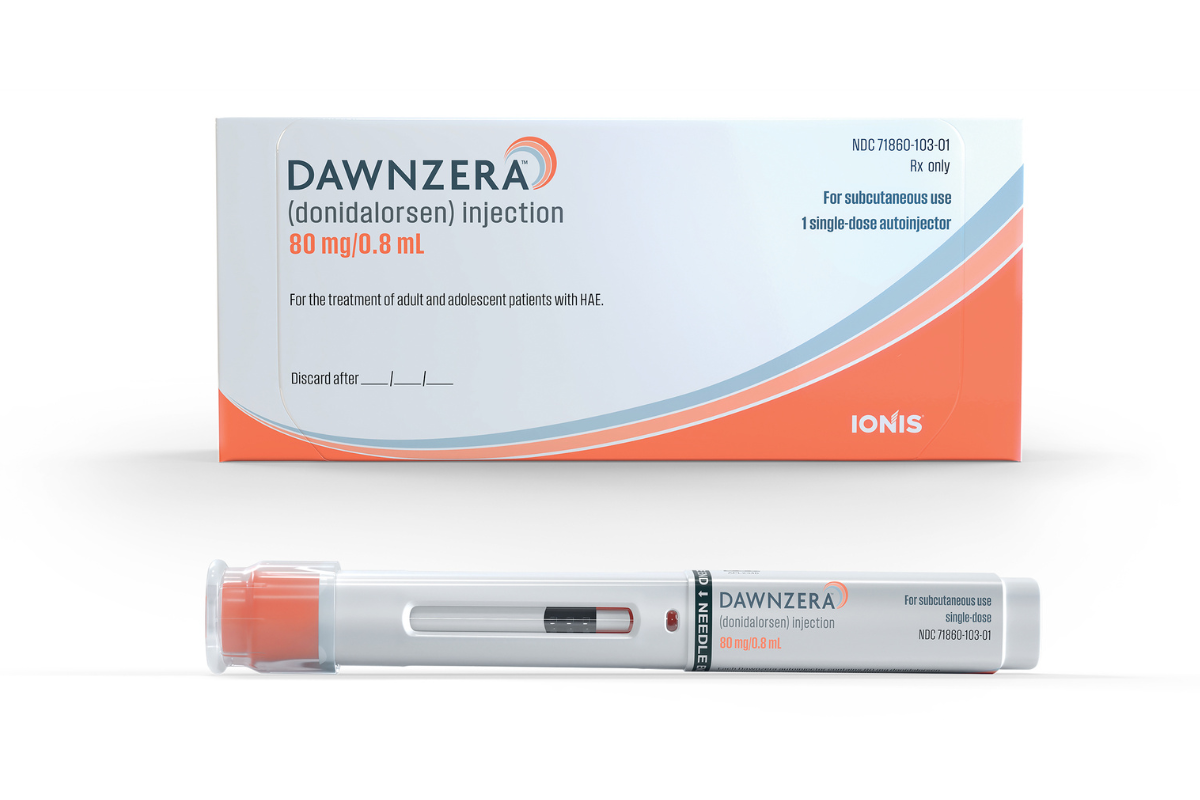While diabetes can lead to a number of negative health outcomes, one of the most serious is the risk of impaired kidney function. New research suggests that consuming a diet high in potassium could help diabetic patients protect their kidney function.
Diabetes represents a growing burden on the global healthcare system, with an estimated 29.1 million people with the disease in the US, according to the Centers for Disease Control and Prevention. This number is expected to double – or even triple – over the next few decades, which could result in between 1 and 3, and 1 and 5 people being diagnosed with diabetes by 2050.
Obesity is known to be a major factor in the development and onset of diabetes, however researchers are constantly searching for other dietary risk-factors that could be controlled. Diabetics are often told to consume reduced-calorie, low-sodium diets, as part of their diabetes management plan.
Diagnosis of type 2 diabetes increases a patient’s risk of cardiovascular disease (CVD), as well as end-stage renal disease (ESRD). Hypertension, hyperglycemia and dyslipidemia – high lipid levels in the blood – are all well-established risk factors for CVD and ESRD.
For generally healthy individuals, potassium is known to be a preventative for hypertension and stroke. The connection between potassium consumption and ESRD and CVD has not been well investigated though, nor has its effectiveness in diabetic patients with health kidney and cardiovascular function.
Research performed by Dr. Shin-ichi Araki, at Shiga University of Medical Science in Japan, may provide evidence that potassium consumption could help protect kidney function in diabetic patients. Potassium is a key mineral that helps control the rhythm of the heart, muscle contraction and nerve impulses.
One of the key roles of the kidneys is to regulate potassium levels in the body, ensuring that they neither drop too low or climb too high. According to research conducted by Araki and his colleagues – which was published in the Clinical Journal of the American Society of Nephrology – diabetic patients who eat a high-potassium diet may help prolong healthy heart and kidney functions.
Araki and his team conducted a trial including 623 Japanese patients with type 2 diabetes. None of the patients had any history of CVD, and they were not taking any diuretic medications. All patients were enrolled in the study between 1996 and 2003, with an average follow-up period of 11 years.
The researchers measured sodium and potassium levels in the participants’ urine in order to get an accurate measure of how much of these minerals were consumed over a long period of time. Araki and his colleagues found a correlation between high potassium levels and a lower incidence of cardiovascular issues and renal dysfunction.
The level of sodium in a participant’s urine showed no correlation to heart or kidney function. While the study conductors agree that diabetic patients must restrict their calorific intake, they warn that a low-sodium diet may also be deficient in potassium. “For many individuals with diabetes, the most challenging part of a treatment plan is to determine what to eat,” said Araki.
Araki believes that increasing potassium intake among diabetic patients could help prevent – or slow the progression of – ESRD and CVD. The team’s results are in agreement with an earlier study which tested the effects of potassium on kidney and heart function in healthy patients.
While the study results are promising, Araki warns that the results are not conclusive enough to warrant a complete reworking of the diet plan for all diabetic patients. Hyperkalemia – high levels of potassium in the blood – is a serious condition in some people with diabetes which needs to be taken into account.
Sources:
- Potassium-rich diets could protect diabetic patients’ kidneys – http://www.medicalnewstoday.com/articles/302530.php
- Araki, S., Haneda, M., Koya, D., Kondo, K., Tanaka‖, S., Arima, H., Kume, S., Nakazawa, J., Chin-Kanasaki, M., Ugi, S., Kawai, H., Araki, H., Uzu, T., and Maegawa, H. (2015). Urinary Potassium Excretion and Renal and Cardiovascular Complications in Patients with Type 2 Diabetes and Normal Renal Function. Clin J Am Soc Nephro.












Join or login to leave a comment
JOIN LOGIN